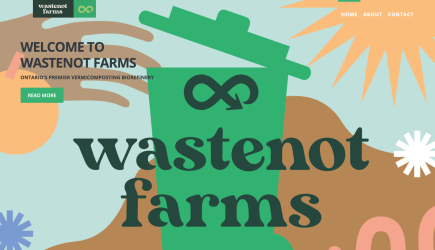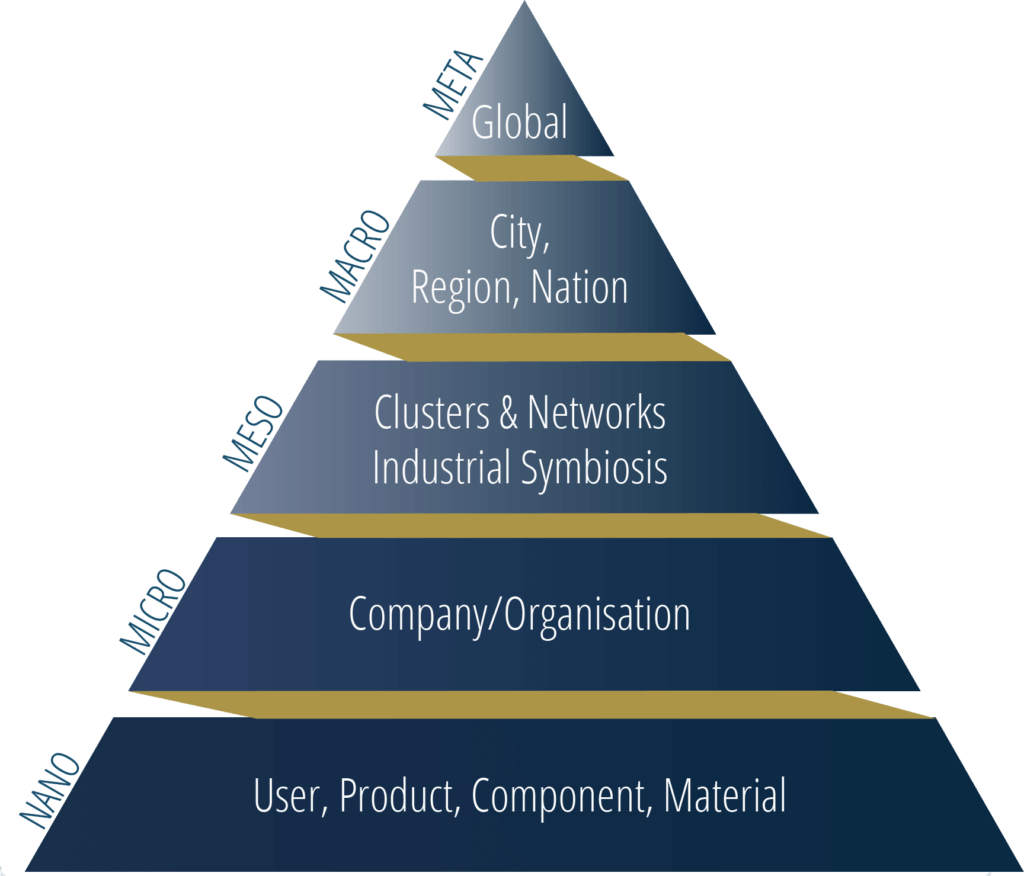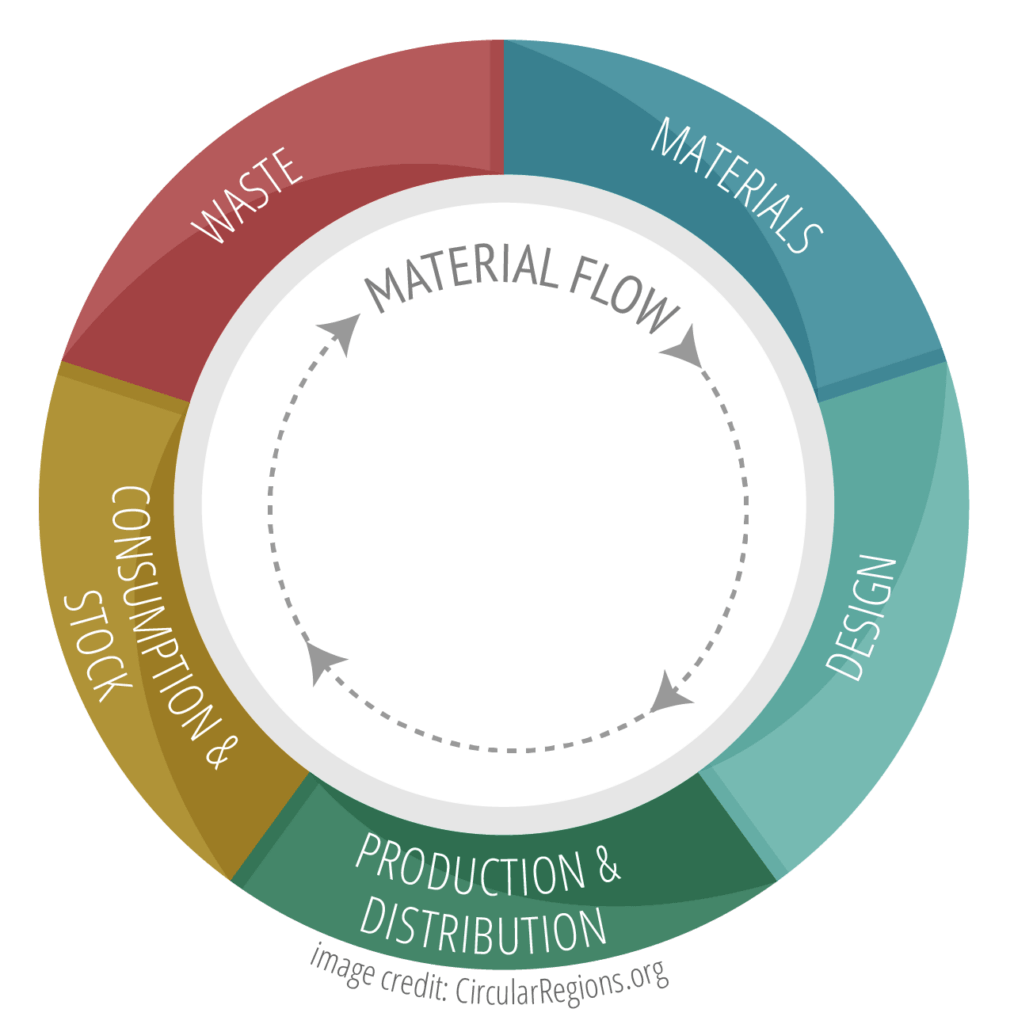Wastenot Farms
Solving the problem of food waste to landfill. Wastenot Farms is a biorefinery converting food waste into high value soil amendments through vermicomposting.
Orangeville, Ontario, Canada
CONDENSED CASE STUDY

IMPACT
ENVIRONMENTAL: Environmental awarenessIncreased biodiversityIncreased environmental stewardshipIncreased resource utilisationPreserving Natural Capital - stocks & flows of energy and materialReduced emissionsReduced waste
ECONOMIC: Alternative revenue streamsJob creationNew marketsReduced economic pressure
SOCIAL: Developing Social Capital in partnership with others (ie families, communities, businesses, trade unions, educational, voluntary organisations)Improved wellbeingIncreased local resilienceIncreased quality of life
MODEL
SCALE: Regional
LOCATION CONTEXT: Rural, Urban
STATUS: Active
FUTURE POTENTIAL: Scaleable, Replicable
FACETAgriculture, Bio-economy, Community, Education, Health & Wellbeing, Social Enterprise, Waste Management
LEVEL: Micro - Company/Organisation
STAKEHOLDERS: Third Sector
BUSINESS MODEL: B2B - Business to Business, B2C - Business to Consumer
CYCLE PHASE

CASE STUDY MAPPING SOURCE:
- CAN-CECL1
Circular Case Studies by Circular Regions licensed under CC BY-NC-ND 4.0

STATUS & TIMELINE
| Milestone title | Date | Content |
|---|---|---|
| 2016 |
DESCRIPTION
TITLE: Wastenot Farms
CONCEPT: Solving the problem of food waste to landfill. Wastenot Farms is a biorefinery converting food waste into high value soil amendments through vermicomposting.
Our goal is to become the leader in regenerative agriculture by using Mother’s Nature ecosystem services to renew plants, people and our planet.
LOCAL LANGUAGE DESCRIPTION: English
Login to download a .pdf


